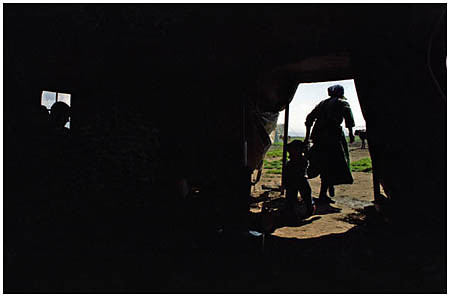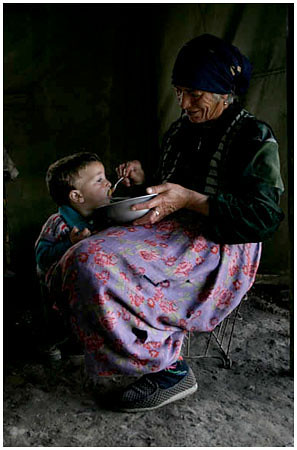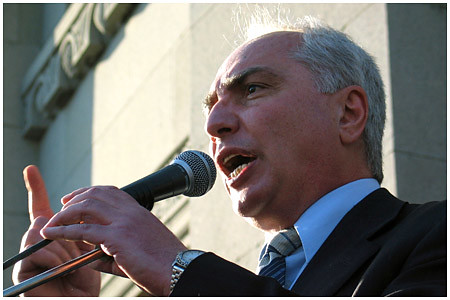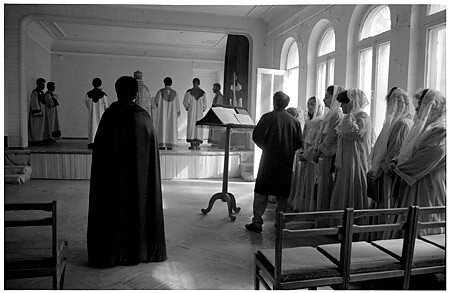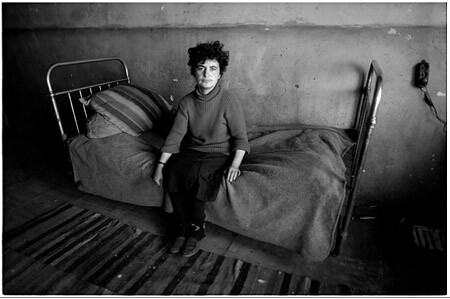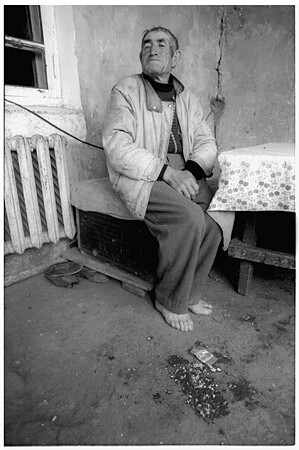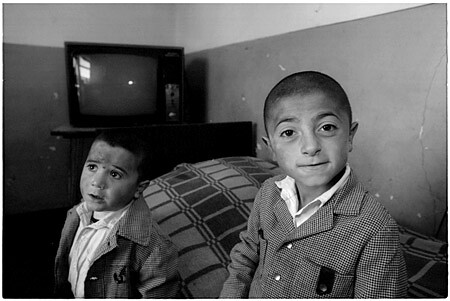Armenia's Telecommunications Developing Steadily
The first report on ICT in Central Asia and the Caucasus has been published. The report focused on the Broadband and Internet market in Armenia, Azerbaijan, Georgia, Kazakhstan, Kyrgyzstan, Taijikistan, Turkmenistan and Uzbekistan. If you want the report, however, it's going to cost you € 421 for a hard copy or € 336 for the electronic version. Still PanArmenian.net covered some of the main points as they pertain to Armenia, Azerbaijan and Georgia.
[...]
The report notes that Internet services are outside ArmenTel's monopoly. The country's Internet market is small (penetration 7.5%), but has been developing steadily. However, there are still several major obstacles in the way of improved Internet connectivity. Not unexpectedly, these include poor telecom infrastructure; expensive telephone lines; the high cost of computer equipment relative to an average worker's salary; political unrest in some regions of the country, which impedes infrastructure reform and intimidates potential sponsors and donors, and a heavy dependence on international funding, making long-range planning difficult.
A permanent Internet link was established for Azerbaijan in 1995 through the country’s Academy of Science. The country has had dial-up Internet access since 1991. By early 2005, Internet penetration was around 6%. Georgia established a permanent link to the international Internet backbone in 1995, after having had non-permanent, dial-up Internet access since 1991. Internet use remains low (penetration 5%), but the market has shown growth and strong competition between ISPs. There are a handful of broadband services in place.
I've also seen the executive summary of the report which details some interesting facts and information. There are 600,000 fixed line telephone subscribers in Armenia and in neighboring Georgia, mobile phone users exceeded fixed line subscribers in early 2005. In April, for example, there were just 200,000 mobile phone suscribers in Armenia thanks to the ArmenTel monopoly that has now thankfully been broken in this sector at least whereas in Georgia there were over 1 million. The Georgian mobile phone market is now growing at a rate of 40 percent per year.
Nothing compared to Kazakhstan, however. In that country, there are 3.2 million mobile phone subscribers (20 percent penetration) and the market has been growing by 80 percent per year since 2004. Even so, Internet penetration stands at just 5 percent.
Meanwhile, in related news, since Viva Cell emerged in the Armenian market, it's been virtually impossible to call ArmenTel mobile phone subscribers. At the same time, I'm told by a journalist friend that there is now a shortage of handsets available for sale in Armenia and that rumors abound that Kocharian's son wants to allegedly control the market for that commodity.
Tag: armenia | internet | telecommunications | technology |
